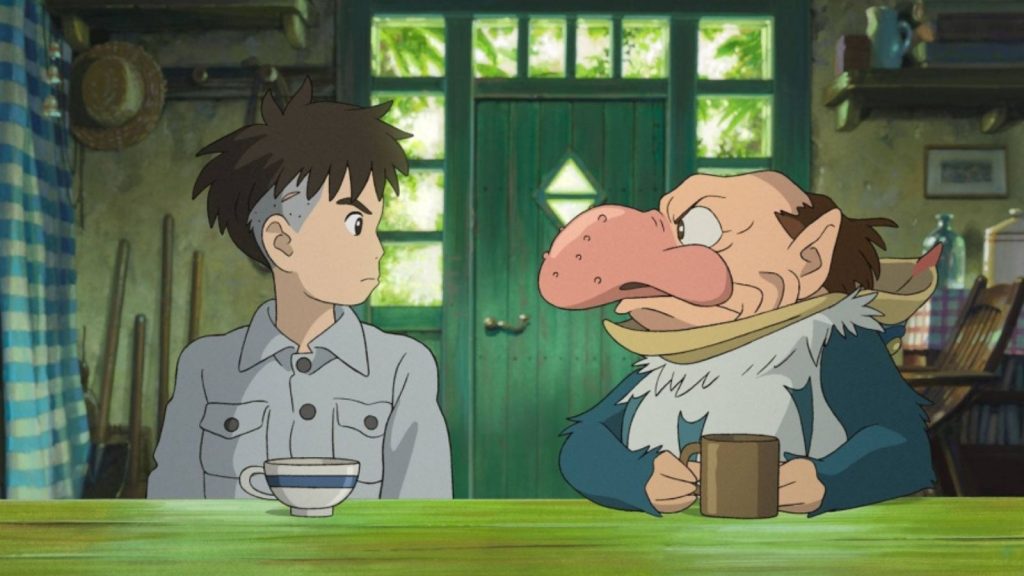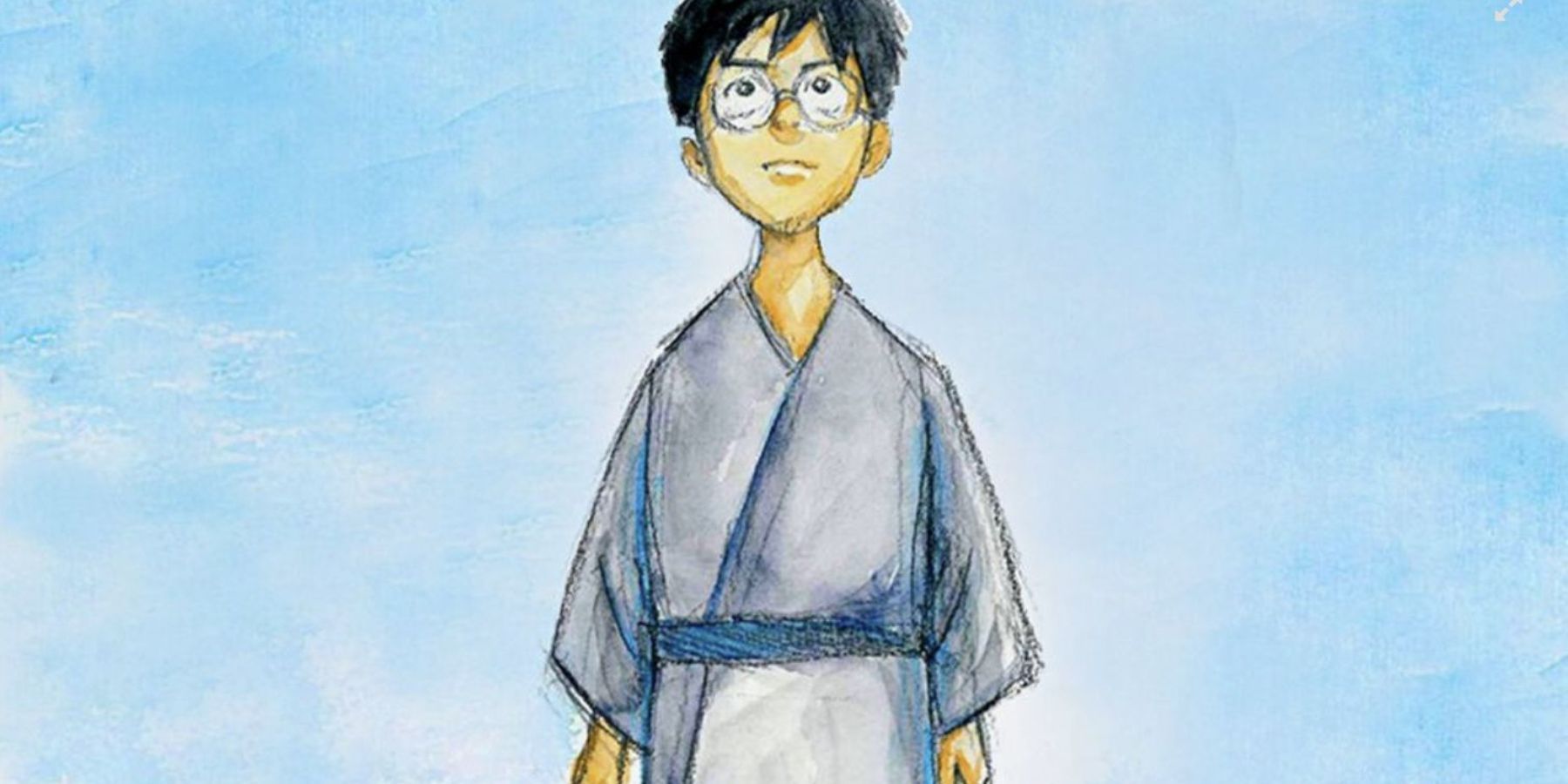
The Title Change of The Boy and the Heron by Studio Ghibli

Discover why the title of Studio Ghibli's enchanting tale, The Boy and the Heron, underwent a captivating transformation Unravel the producer's motivations behind the decision to rename this animated masterpiece as Hayao Miyazaki presents The Boy and the Heron
The Studio Ghibli producer has requested that Hayao Miyazaki's film, originally titled 'How Do You Live?' for its Japanese release, be renamed to 'The Boy and the Heron'. The decision to change the title was made after the movie's success, despite originally being intended as Miyazaki's last film.
The Japanese title refers to Genzaburo Yoshino’s 1937 novel of the same name, which is featured in the film. However, the film tells an original story unrelated to the novel. Despite this, it was critically acclaimed and grossed over $97 million worldwide. The film received multiple award nominations, including Golden Globe Awards for Best Animated Film and Best Original Score. Despite the film's success, the reason for the title change remained unknown until recently. Explore further to uncover why Studio Ghibli co-founder and producer Toshio Suzuki requested a title change for the worldwide release.
Why was the title of The Boy and the Heron changed?
Studio Ghibli
During an interview with IndieWire, GKIDS President Dave Jesteadt revealed that there was a complete media blackout surrounding the film's release in Japan. Due to their longstanding relationship with Ghibli, they requested and were permitted to announce their acquisition of the rights in order to plan a major fall release.
It was during this time that Suzuki requested a change in the film's title. Jesteadt mentioned that the decision to change the title came from Ghibli, and while he couldn't provide specific reasons for the change, it was likely a move to distance the film from its original book title, as many were mistakenly assuming it to be an adaptation.
The film shares its title with the 1937 novel that inspired Miyazaki, but since the story is different, Studio Ghibli decided to change the title. In an interview, Jesteadt also discussed how they considered various potential titles such as ‘The Tower Master’ or ‘The Grand Uncle’, but felt they were too much like hard fantasy. They also experimented with different versions of ‘How Do You Live?’ before ultimately choosing the option closest to Suzuki’s original suggestion. He also shared that the new title has a hidden meaning: “Miyazaki based the characters in this movie on people in his life…and the heron is based on Suzuki. To me, there’s something very meta and very funny about this heron — this trickster — inserting himself into the situation and suggesting we give the movie an international title [with his name in it].”
The Boy and the Heron is in cinemas now. You can check out our review here.
Please note that if you click on a product link on this page we may earn a small affiliate commission.
Editor's P/S
As a hard fan of Studio Ghibli, I was initially surprised by the title change of Hayao Miyazaki's latest film, originally known as "How Do You Live?" in Japan. However, after learning about the reasoning behind the decision, I can appreciate the producer's intention to distance the film from its original book title and avoid any confusion about it being an adaptation. The new title, "The Boy and the Heron," not only reflects the film's central theme and characters but also holds a hidden meaning that adds a personal touch from Hayao Miyazaki.
The film's success, despite its title change, is a testament to Studio Ghibli's storytelling prowess and the universal appeal of Miyazaki's work. The movie's critical acclaim and box office performance demonstrate its ability to resonate with audiences worldwide, regardless of its title. As a fan, I am excited to experience this enchanting tale and immerse myself in the magical world created by Studio Ghibli and Hayao Miyazaki.














